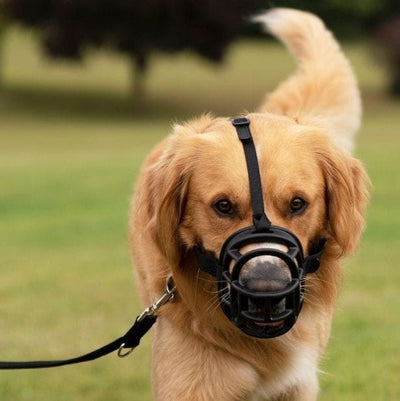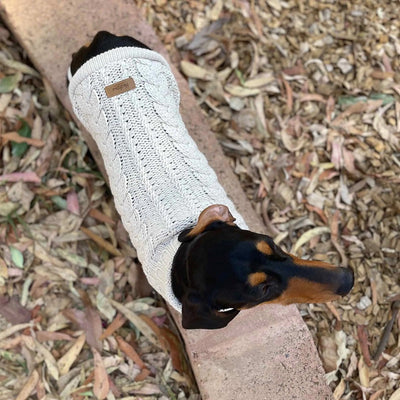Benefits of Desexing Your Pet Rabbit

Desexing your pet rabbit not only helps curb their population but also has many health benefits for your furry friend. Not only can it decrease the risk of reproductive cancers, but it can also help reduce aggression and commonly seen behaviors such as mounting. Learn more about the advantages of desexing your pet rabbit in this guide.
What is Desexing?
Desexing is the surgical removal of reproductive organs in animals, usually to help prevent reproduction. This procedure, also known as spaying or neutering, is important for pet rabbits because it can help control the rabbit population and curbs common behaviors related to mating. It is an operation performed under general anesthetic and one that should be discussed with your vet before considering it for your pet.
Desexing your pet rabbit.
Rabbits reach sexual maturity as early as 12 weeks of age and therefore need to be separated to prevent unwanted pregnancies. Not only will desexing prevent unwanted litters, but it can also be beneficial in preventing sex-specific health issues and reducing undesirable behavioural issues.,
As male rabbits reach sexual maturity, they often exhibit urine spraying, mounting, and aggression. Desexing can help alleviate these unwanted behaviours and allow males to live together without fighting. Desexing your male rabbit removes the risk of them developing testicular cancer.,
Upon sexual maturity, female rabbits may become aggressive and difficult to handle. Additionally, un-desexed females may undergo ‘phantom' pregnancies in which they pull out their fur and make nests. Should they ingest large amounts of fur, this can result in intestinal blockages. Furthermore, up to 60% of un-desexed females will develop uterine cancer.
There is no proven health benefit to allowing your rabbit to have a litter prior to desexing.
Health Benefits of Desexing Your Rabbit
Desexing can prevent or reduce the risk of certain health problems in pet  rabbits. Spaying your female rabbit (known as doe) eliminates the risk of ovarian or uterine cancer, which is a leading cause of death for female rabbits over 3 years old. Neutering your male rabbit (known as buck) reduces the risk of testicular cancer, and can even reduce aggressive behaviour such as mounting and marking territory with urine. Desexing also leads to lower rates of obesity, urinary tract infections, maternal aggression and other reproductive-related issues in rabbits.
rabbits. Spaying your female rabbit (known as doe) eliminates the risk of ovarian or uterine cancer, which is a leading cause of death for female rabbits over 3 years old. Neutering your male rabbit (known as buck) reduces the risk of testicular cancer, and can even reduce aggressive behaviour such as mounting and marking territory with urine. Desexing also leads to lower rates of obesity, urinary tract infections, maternal aggression and other reproductive-related issues in rabbits.
Behavioural Advantages of Desexing.
The Ideal Times to Neuter or Spay Your Rabbit.
Generally, desexing your pet rabbit is best done when they are between four and six months old. This can vary immensely depending on the breed and size of the animal. Large breeds such as Flemish Giants typically need to wait until they are six months or older before undergoing surgery. Smaller breeds such as Mini Rex should be desexed at a younger age. The condition of your pet's health should always be taken into consideration, so it's important to consult with a veterinarian before making any decisions regarding desexing.
© weknowpets 2023





